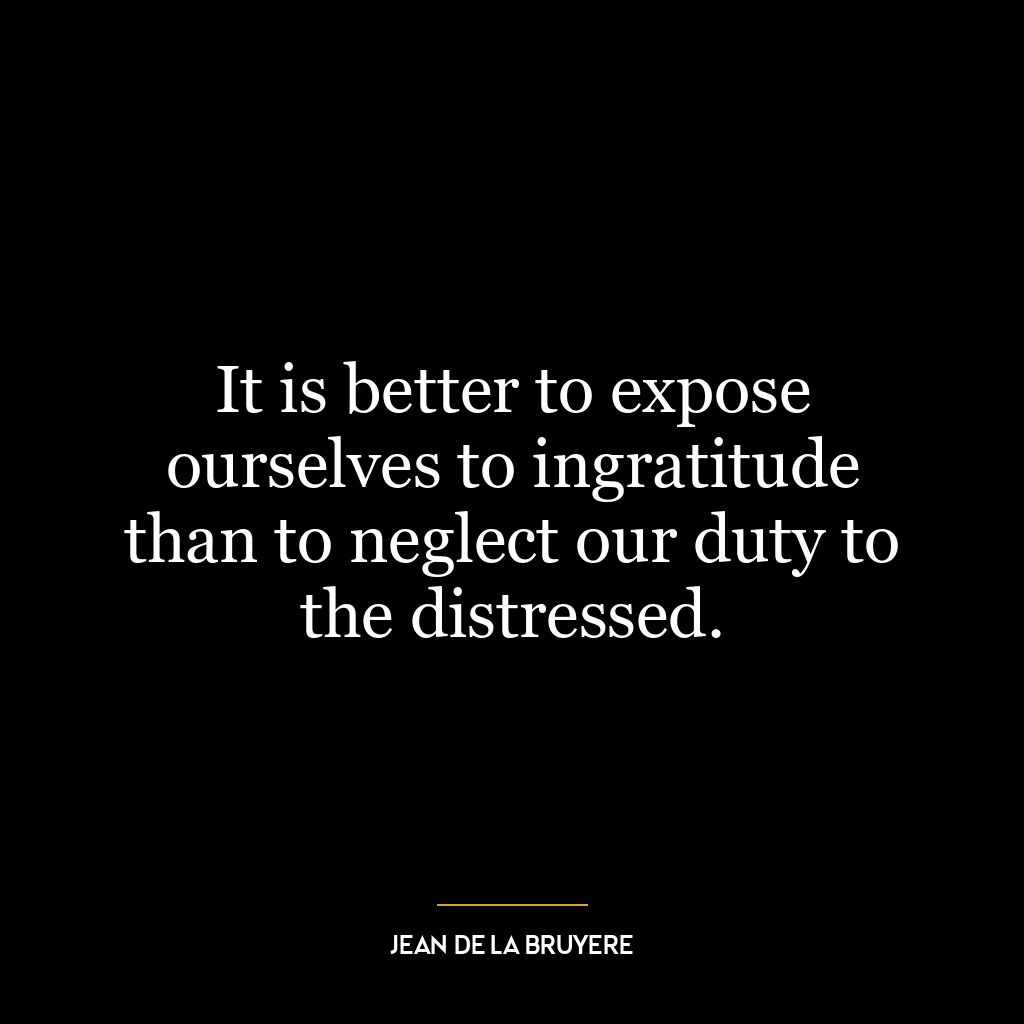A satyagrahi is dead to his body even before the enemy attempts to kill him.
This profound quote by Mahatma Gandhi speaks to the concept of Satyagraha, a philosophy he developed and practiced, which emphasizes nonviolent resistance and self-sacrifice in the pursuit of truth. When Gandhi says that a satyagrahi is “dead to his body even before the enemy attempts to kill him,” he is referring to the idea that a true practitioner of Satyagraha has already surrendered his physical existence for the cause. They are so committed to their principles and beliefs that they are willing to face physical harm or even death without resorting to violence or retaliation.
The ‘death’ here doesn’t necessarily mean literal death but can be seen as an abandonment of materialistic attachments, fears, and desires related with one’s physical existence. The satyagrahi’s focus is not on their personal survival but on upholding truth and justice, regardless of personal cost.
Applying this concept in today’s world might seem challenging at first glance due its extreme nature. However, if we interpret it metaphorically rather than literally, it can provide valuable insights for personal development or social activism.
In terms of personal development, this quote encourages us not only towards fearlessness in pursuing our beliefs but also towards detachment from materialistic concerns that often hold us back from achieving our full potential. It reminds us that real strength comes from within – from our convictions – rather than external factors like societal approval or physical comfort.
In terms of social activism, it suggests a form of protest where one stands firm on their principles without resorting to violence or hatred against those who oppose them. This could mean peacefully protesting against injustice despite potential threats or challenges; refusing to be silenced by fear; standing up for what you believe in even when it’s uncomfortable; choosing love over hate when faced with bigotry; continuing your fight for justice despite setbacks – all while maintaining respect for your adversaries as human beings.
Thus while Gandhian philosophy may seem radical, its core principles of courage, non-violence, and truth-seeking can provide valuable guidance for personal growth and social change.









